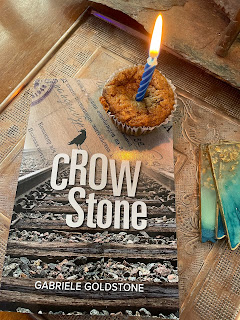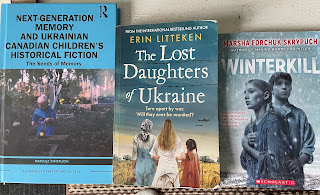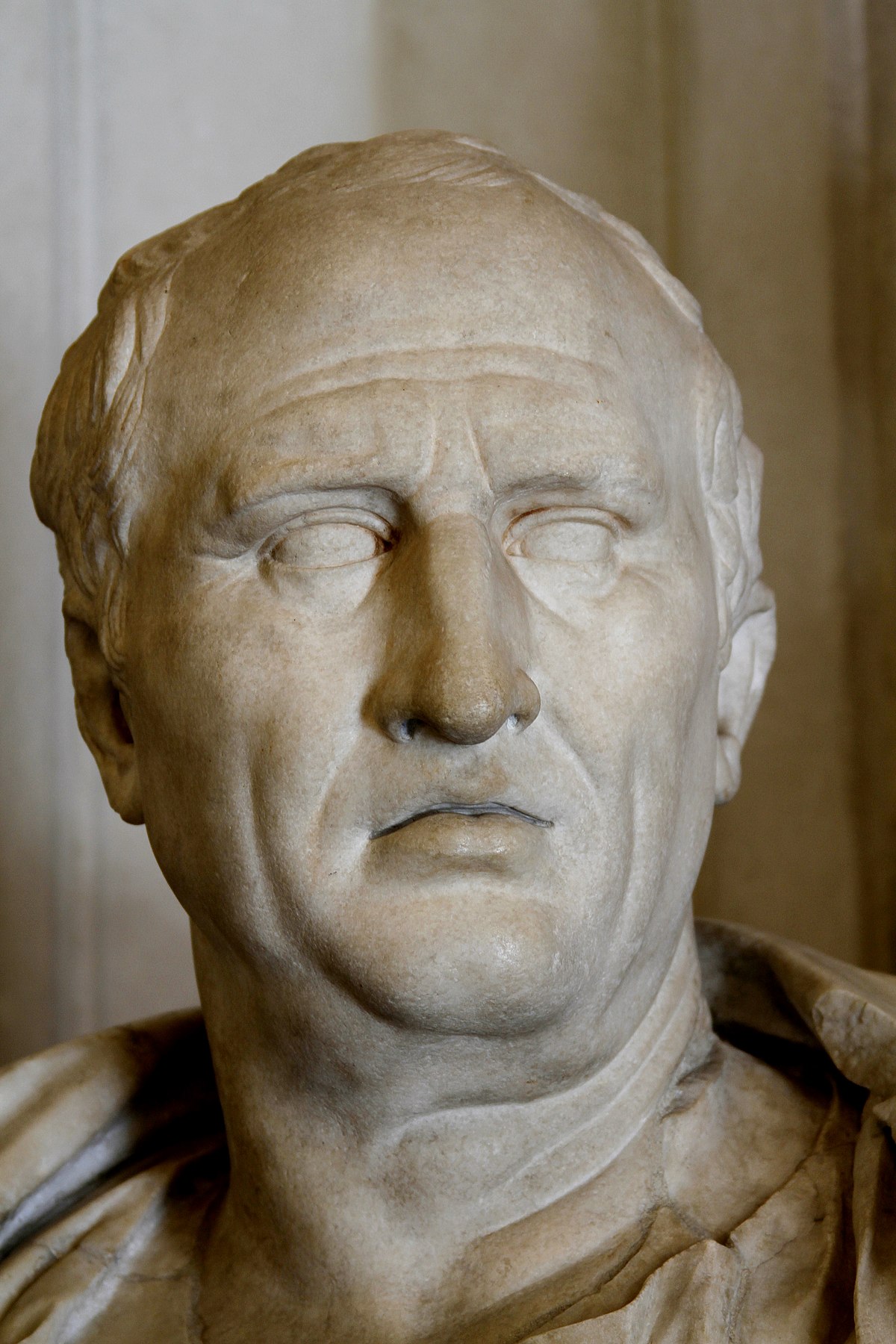 |
| on grounds of Manitoba Legisture |
One of my newcomer-friends from Ukraine forwarded links to a series of three films about the Holodomor which was marked this year on November 25th. I watched the movies on YouTube this past week. Since the series is in Ukrainian, I needed English sub-titles. What added to the normal challenge of watching a movie with subtitles, was that I was searching for a glimpse of my grandfather in the reels from the 1930s. Didn’t happen.
 |
| my grandfather, shot in 1937 |
I did see a lot of white-kerchiefed peasants, thatched houses, horses—pulling wagons filled with sacks of grain, menacing pitchforks, clips of Trotsky, Lenin and Stalin … but no clips of my grandfather. He was supposedly hiding—running from village to village, using assumed names, after his release from a Zhytomyr prison in 1932. By 1937, the authorities caught up with him and he was finally tried for treason and shot.
The other thing I saw a lot of in these films was dying children. Painful to watch. My mom and her three younger siblings got out in 1931, thanks to their father’s quick thinking and selflessness.
Many Ukrainians are only now learning their own tragic history. After decades of suppression and of manipulation of their own stories, they’re finally dealing with their own trauma. This current war isn’t just about land … it’s about history and identity and about family secrets. I’m not from a Ukrainian family. My mom, her siblings and parents, born in Ukraine, were ethnic Germans. But they were also affected by Stalin, his Five-Year Plans, and his forced collectivization.
 |
Thatched house in the former Federofka, Ukraine |
I never thought of my mom and grandparents as Germans or Ukrainians or Russians. I thought of them as family … later as displaced people simply trying to survive. Sure, they held on to some German traditions, to their mother language, but they also adapted as was necessary so that they could get along with their neighbours and build community. It’s kind of like what we’ve been living here in Canada.
It’s been nine decades since Collectivization and the ensuing Holodomor destroyed the Ukrainian countryside—a long time for the truth to be known.






